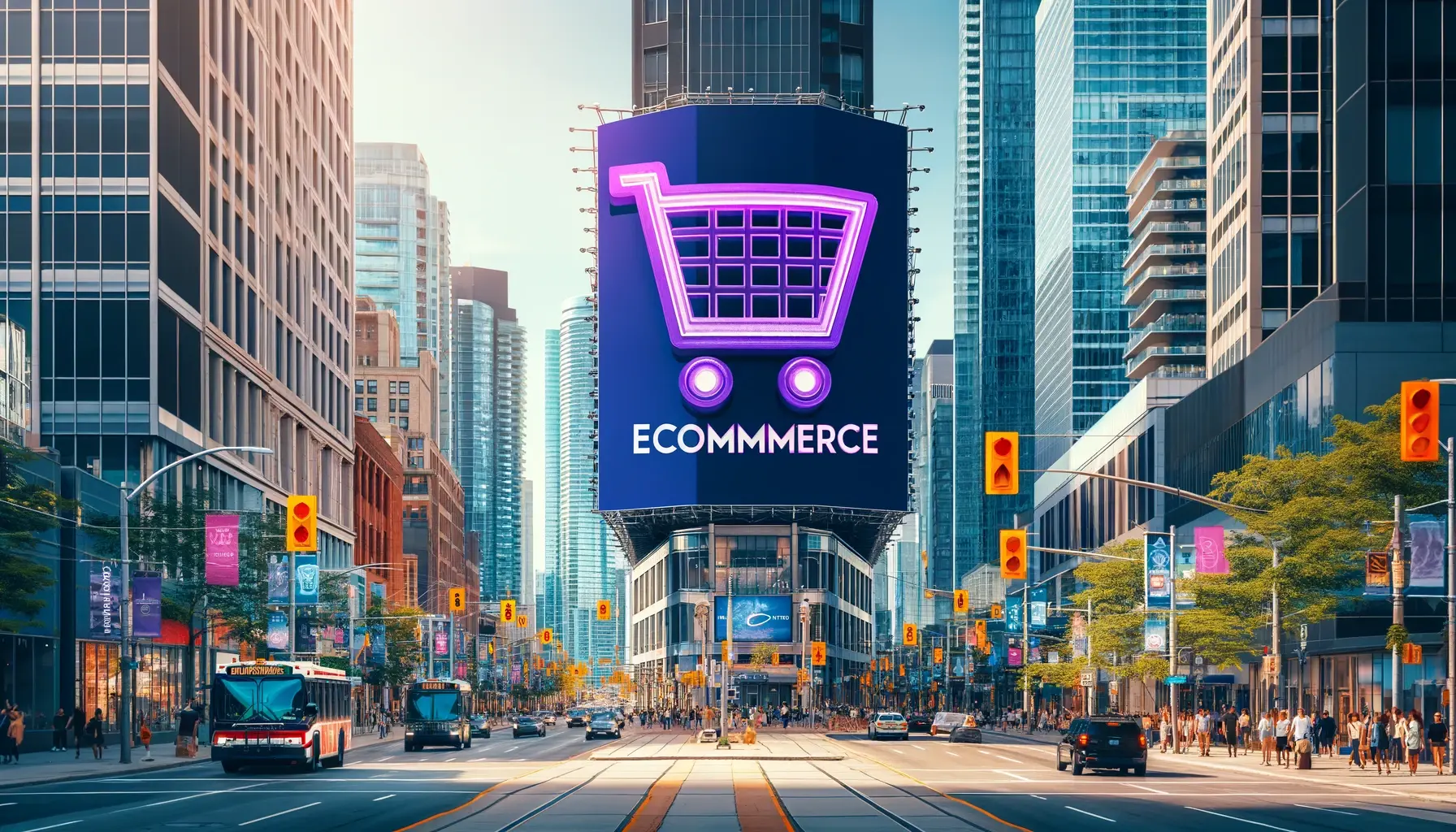When you start to think about creating a website, you may wonder whether you should use a template or just create a custom design. Both have their pros and cons, which is why you need to consider each feature before deciding which one to choose. The choice you make will depend on various factors, such as your budget, your technical skills, and your design preferences.
What are Website Templates?
Template websites are pre-designed templates that you can customize to your liking. They are often easy to use and come with a wide range of features and functionalities that can be used to create a professional-looking website quickly and easily. The main advantage of using a template is that they are affordable and quick to set up, which makes them ideal for small businesses and startups that are looking to create a website without spending too much time or money.
What are Custom Websites?
Custom websites, on the other hand, are designed from scratch to meet your specific requirements. They are usually more expensive than template websites, but they offer more flexibility and the ability to create a truly unique and personalized design that perfectly reflects your brand. Custom websites are also ideal for larger businesses and organizations that need a more complex and feature-rich website, and are looking for a high level of customization and control.
So, which one should you choose? Let’s see the main differences.

Custom Web Design vs Website Templates
Let’s understand each of these website types, so you’ll make a general understanding of how they differ from each other:
Website Template
As mentioned above website templates are pre-designed web pages that can be used as a starting point for creating a website. They typically include all the basic web design elements, such as layout, colour scheme, typography, and images, and can be easily customized by changing text and images to fit the specific needs of the user.
The advantages of using templates include:
- Quick and easy to set up: Templates allow for a fast and simple setup process, often requiring only minor customization to match your brand’s aesthetic. They offer a quick setup time since all the design work has already been done, allowing users to get a functional website up and running quickly.
- Cost-effective: Templates are generally much more affordable than custom website design and development.
Wide variety of options: There is a large selection of templates available, catering to a range of industries, styles, and functionalities. - Responsive design: Most templates are designed with responsive design in mind, ensuring that your website will look great on any device.
However, there are also some potential downsides to using templates:
- Limited customization: While templates can be customized to some extent, they are limited in the changes you can make, especially when it comes to unique design elements.
- May look generic: With many people using the same template, your website may look similar to others, lacking a unique and original feel.
- Limited functionality: Templates often come with pre-determined features and functionalities, limiting the scope of what you can do with your website.
- May not be SEO-friendly: Some templates may not be optimized for search engine optimization (SEO), which can impact your website’s visibility in search results.

Custom Web Design
Custom web design is the process of creating a unique website from scratch, tailored specifically to the needs of a particular business or individual. This means that the colour scheme, typography, and layout — all will be one of a kind.
The advantages of custom web design include:
- Unique and customized look: Custom web design allows you to create a unique and customized look for your website, setting it apart from other sites and enhancing your brand identity.
- Tailored functionality: With custom web design, you can build the exact features and functionalities you need for your website, without being limited by templates.
- Better user experience: Custom web design allows you to create a user-centred design, providing a better experience for your visitors and increasing engagement and conversions.
- Better SEO: Custom web design can be optimized for search engines, helping to improve your website’s visibility in search results.
Digi-Tip: Invest in SEO to ensure that your website is easily discoverable by your target audience.
However, custom web design can also have some potential downsides, such as:
- More expensive: Custom web design is generally more expensive than using templates, requiring a larger investment upfront.
- Longer development time: Custom web design takes longer to develop, as it involves a more complex design and development process.
- Requires specialized skills: Custom web design requires specialized skills, such as web design and development, which can be difficult to find in-house or through outsourcing.
- Maintenance and updates: Custom web design requires ongoing maintenance and updates, which can add additional costs and time to your website development project.
This was a general overview of custom web design vs templates. Now, it’s time to understand the factors you need to take into account before choosing the one.

Factors to Consider When Choosing Between Templates and Custom Web Design
When choosing between templates and custom web design, consider the following factors:
- Budget: Custom web design is generally more expensive than using templates, so your budget will be a key factor in deciding which option is best for you.
- Time: Templates are quick and easy to set up, while custom web design takes longer to develop. Consider how much time you have to get your website up and running.
- Unique design: If you want your website to have a unique and customized look, a custom web design is the better option.
- Functional requirements: If you need specific features and functionalities that are not available in templates, custom web design is your best option.
- Maintenance: Consider who will be responsible for maintaining and updating your website, as custom web design requires ongoing maintenance and updates.
- SEO: Custom web design can be optimized for search engines, while some templates may not be. Consider how important SEO is for your website and your business.
- User experience: Consider the user experience you want to provide for your visitors. Custom web design allows for a more user-centred design, while templates may have limitations in this area.
What about the company goals?
As a web design agency, we would suggest the following tips when choosing between website templates and custom web design templates:
Define your brand: Clearly define your brand and what you want to communicate through your website. This will help you choose a design that best represents your brand and resonates with your target audience.
Prioritize your goals: Prioritize your goals for the website and consider how templates or custom web design can help you achieve them. For example, if you want a highly interactive website, a custom web design may be a better choice.
Think about scalability: Consider the future growth of your business and how your website will need to evolve over time. Custom web design can be more flexible and scalable, while templates may have limitations in this area.
It is important to consider the budget, time constraints, and branding goals of the business. If budget is a concern and time is of the essence, templates may be the best option. On the other hand, if you want a unique and customized look for your brand, a custom web design is the better choice.
Digi-Tip: If you want to provide a user-centred design that provides a seamless and engaging experience for your visitors, custom web design is the way to go.
Ultimately, the decision will depend on your specific needs and preferences. If you’re looking for a quick and easy solution that’s budget-friendly, a template website is probably the best choice. In this case, you should choose the right website template from a wide variety of options that offer different styles, layouts, and features to suit your specific needs. However, if you’re looking for a more personalized and unique design, or you need a website with complex features and functionalities, a custom website is the way to go. Additionally, if you have a strong brand identity and want to maintain consistency across all aspects of your website, a custom design may also be the better option.
Double-check the blog tips before you choose between these two types. Good luck!




